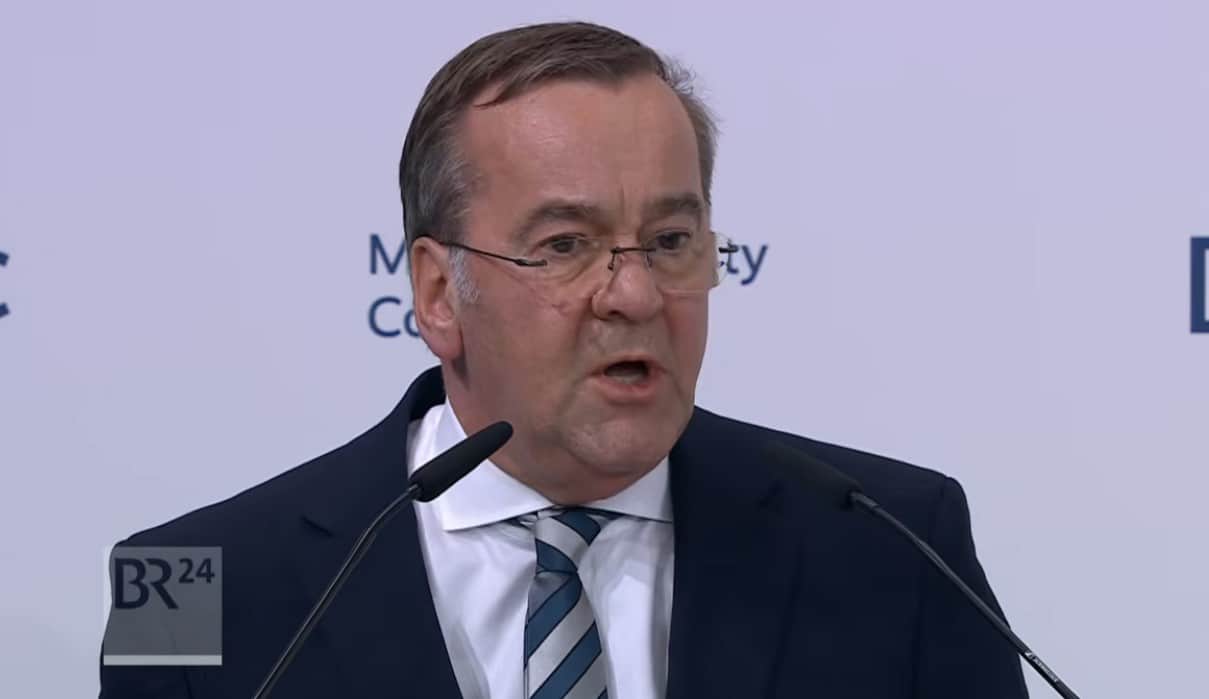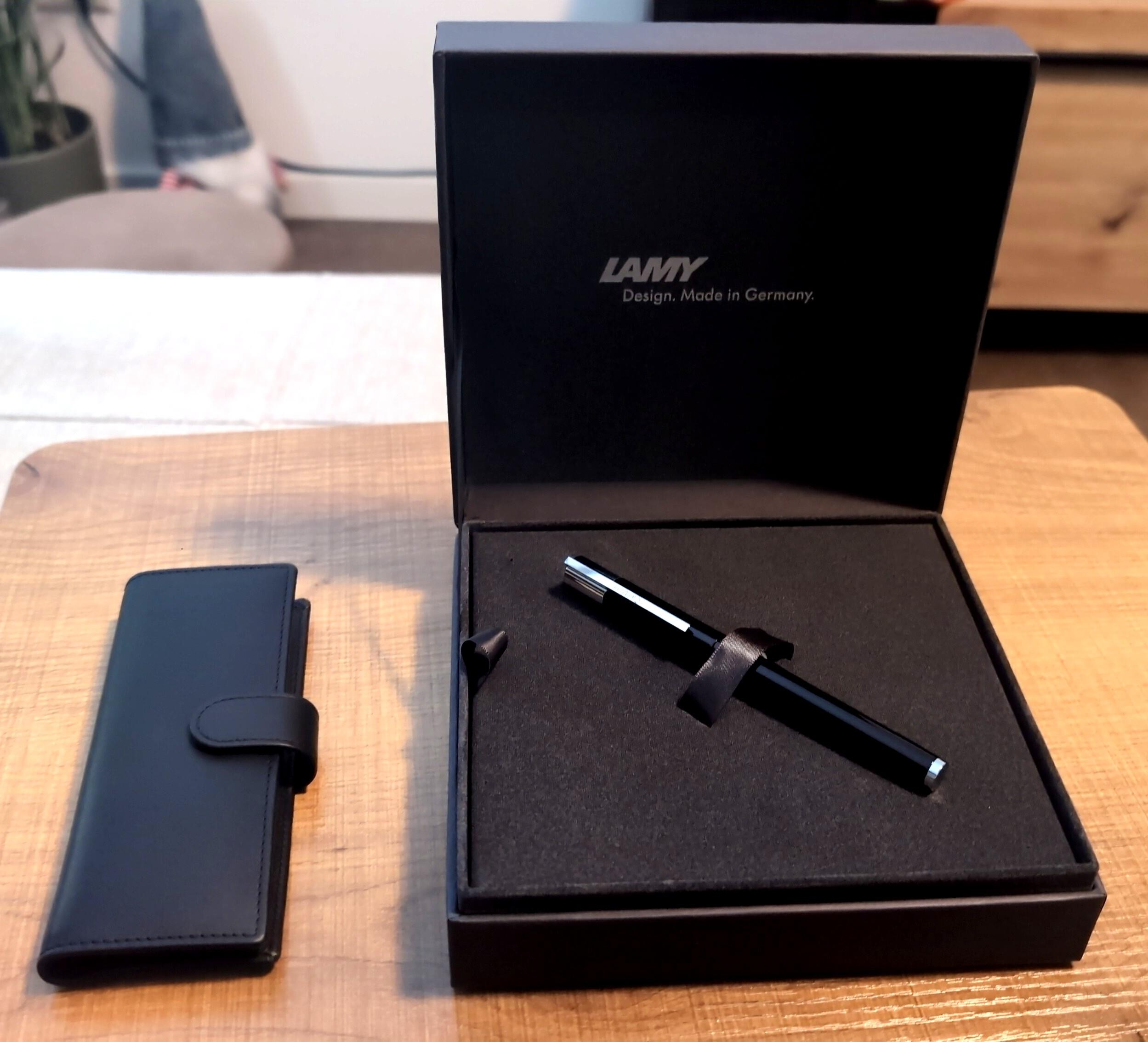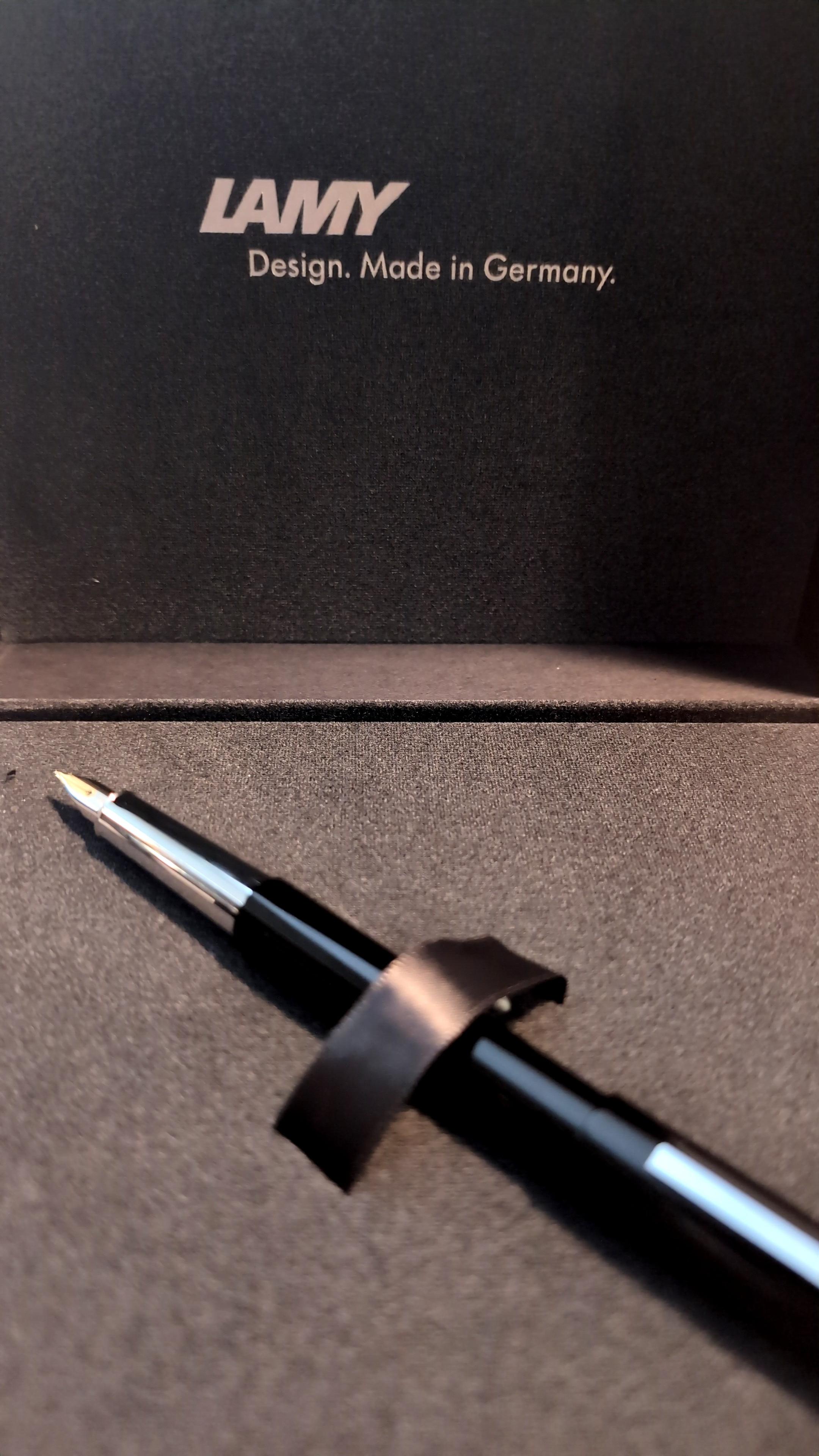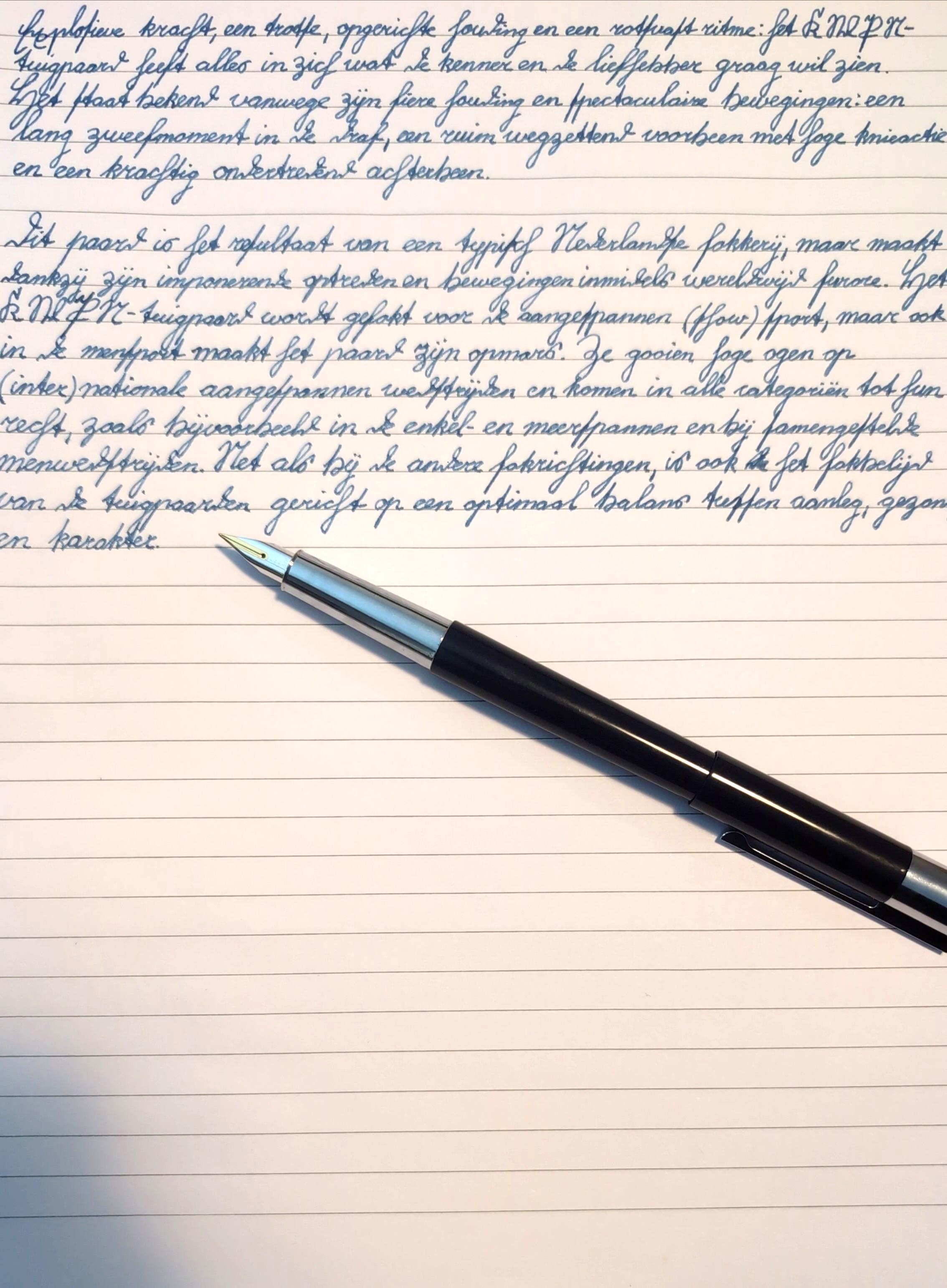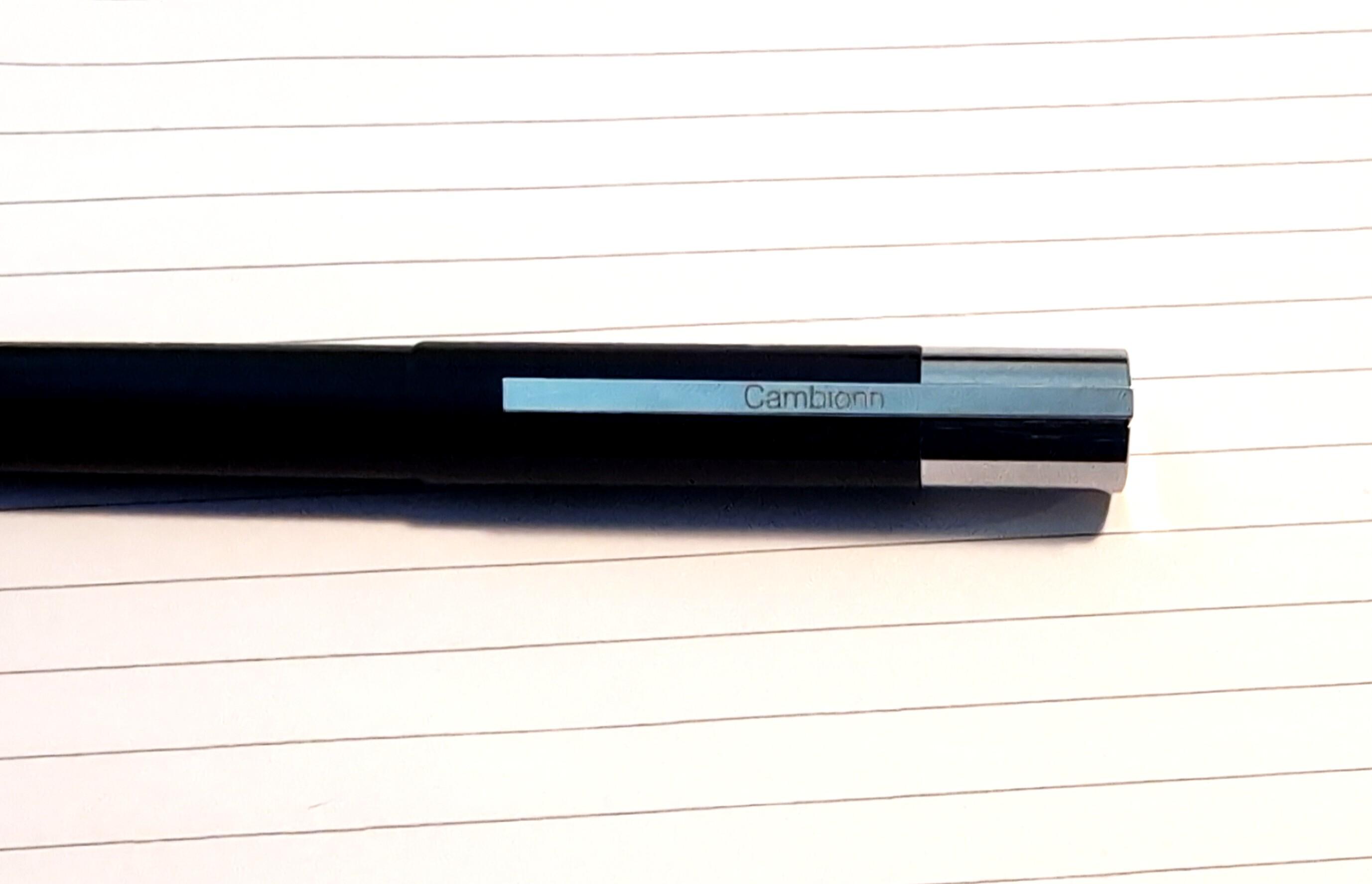Since I've moved accounts, let's do a quick re-introduction:
Hello folks, I'm lemon cosmos (they/them) 🍋🪐 I'm a german, non-binary gamedev by hobby and trade. I work as a game programmer but am a solodev generalist most of the time! I love making silly/unusual/yummy games that you wanna tell your friends about :)
On the slim chance I'm not making a game and aren't burnt out, I'm either playing lots of games (ask me about my fav indies or my board game collection!) or keep my hands busy with watercolor or more recently crocheting!
Oh also, I host gamedev events sometimes! Anything else? Hmm, favorite emoji is ✨ by far (before AI started to ruin it 🥲)
I'm trying to work on being more active about sharing progress, which I used to do a lot in the "good" Twitter days. Feel free to remind me if I've been quiet for too long :p
#introduction #gamedev #boardgames #watercolor #crochet #queer #german


